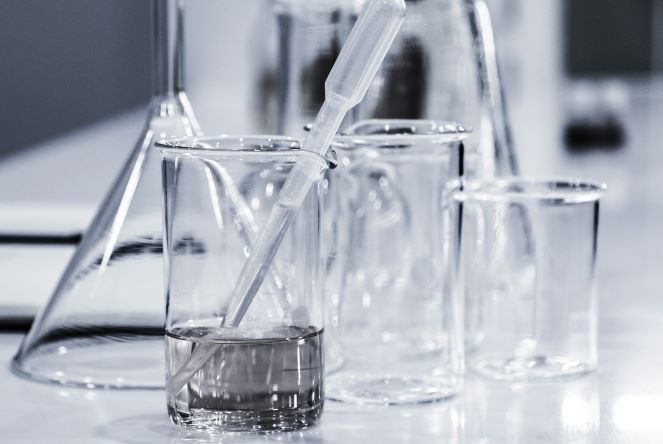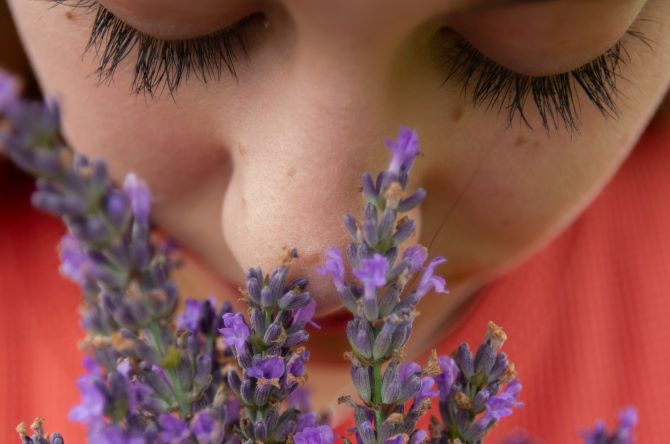Top 3 Reasons Why Perfumes Get Banned

Our sense of smell is undeniably powerful, intricately intertwined with our memories and emotions. Perfumes, with their enchanting fragrances, have the remarkable ability to evoke these sensory experiences. However, beyond their captivating allure lies a veil of hidden complexities that often lead to the banning of certain scents. In the recent past we've written about FDA regulations and highlighted ways the fragrance industry is heading to a more transparent road for all lovers of scent but today we're going to unravel the mysteries behind perfume bans, and explore the top three reasons that impact our industry.
1. Human Health & Fertility Concerns:
The allure of natural fragrances can sometimes disguise potential risks to human health. Did you know that our regulating organizations have yet to define natural, clean, or organic ingredients for fragrances? Certain natural ingredients like Tree moss absolute or oakmoss absolute, when combined with other compounds, can trigger severe allergic reactions, skin irritations, and even temporary burning sensations.
While synthetic alternatives may seem like a safer option, they can often exacerbate these issues, leading to further discomfort and potential long-term effects on skin& fertility health. More than 1,200 fragrance chemicals currently in use have been flagged as potential or known “chemicals of concern”. In the pursuit of beautiful scents, it's imperative to prioritize consumer safety and opt for formulations that have undergone rigorous testing to minimize adverse reactions.
2. Unethical Sourcing Practices:
The journey from obtaining a natural ingredient to perfume bottle is not always ethically sound. Many perfumes contain ingredients sourced from vulnerable ecosystems or obtained through exploitative practices. Ethical sourcing is more than just a buzzword; it's a commitment to ensuring fair treatment of workers and respect for local communities.
Businesses must exercise due diligence in their supply chains, ensuring complete visibility and accountability for each phase of production. By opting for ethically sourced ingredients, perfumers can not only create beautiful fragrances but also contribute positively to the welfare of all of those involved in their creation.
3. Environmental Impact:
The allure of perfumes extends beyond human senses, often leaving a lasting impact on the environment. Certain ingredients, both natural and synthetic, have been found to persist in the environment long after their use, posing a threat to marine life and ecosystems. Environmentalist have gone as far as getting certain ingredients banned because phosphates in some of these chemical mixes can cause algae to bloom uncontrollably in waterways, depleting the oxygen levels.
Other chemicals can even reduce the surface tension of water, making it easier for pesticides and other toxins to enter the water and be absorbed by the plants and animals that live there. As consumers become increasingly environmentally conscious, the demand for sustainable and eco-friendly perfumes continues to rise. Perfumers must embrace innovation and explore alternative ingredients that not only captivate the senses but also safeguard the delicate balance of nature.
While perfumes have the power to enchant and captivate, it's essential to recognize the hidden complexities behind their creation. From safeguarding human health to preserving the environment and upholding ethical standards, the journey towards responsible perfume production is multifaceted.



